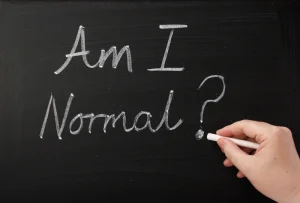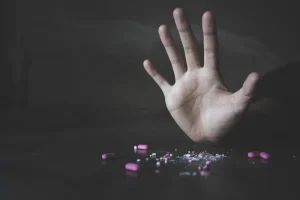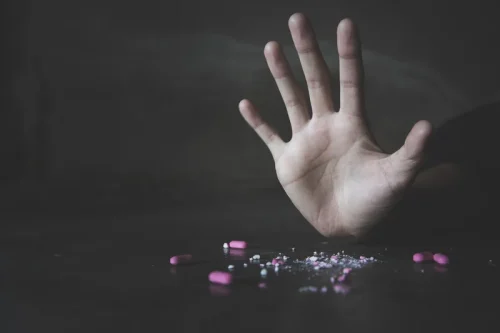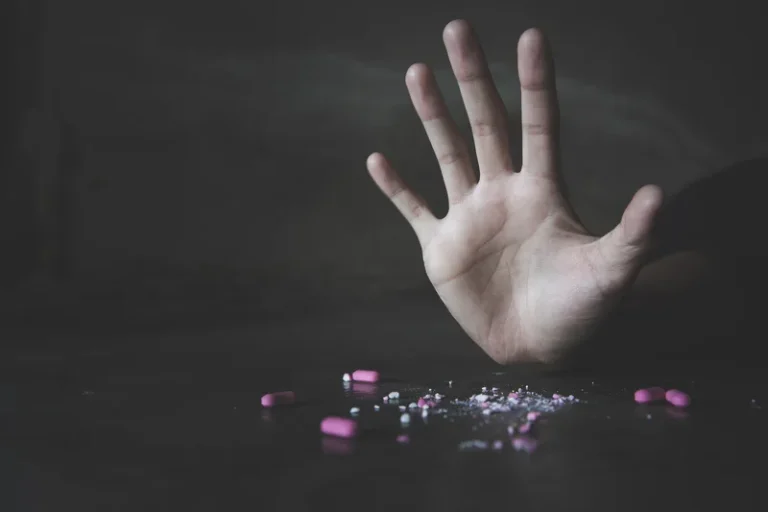
This guide to ecstasy withdrawal outlines what to expect when discontinuing use, from the most common withdrawal symptoms of MDMA to a typical timeline and how to connect with effective detox treatment. Research suggests that pairing CBT with additional therapies or medication can significantly enhance treatment outcomes. Patients often experience improved emotional regulation and decreased substance use.

Can You Die From Heroin Withdrawal?
Additionally, depending on the level of severity, treatment may also require medications. In many cases, doctors will administer relaxing drugs such as benzodiazepines in order to prompt a medication-induced sedation. Calcium channel blockers, alpha-blockers and beta-blockers may also prove helpful for amphetamine-related rapid heart rate. When a person uses amphetamines, their brain receives a rapid burst of the “feel good” brain chemical, dopamine. Over time, if the brain continues to regularly receive an unusual, artificial surge of dopamine, it becomes accustomed to the chemical rush, creating physical dependency.

Blending CBT with Other Therapies
If they’re continuously abusing the drug, they may start to struggle to keep up with responsibilities. Treatment specialists will return your calls and you will be able to start treatment. Many programmes are open for same-day admissions and offer sober transport for you or your loved ones.
What You Should Know About Contingency Management
Learn how acceptance is the answer to all your problems today, fostering resilience and emotional well-being. ‚ Uncover risks, effects, and managing dependency in our comprehensive guide. Navigate the twists and turns of the recovery process with our comprehensive roadmap to redemption. Many potential clients may not find facilities that offer CBT or may face geographical limitations. Streaming platforms and online therapy have begun to alleviate these concerns, yet awareness and resources remain unevenly distributed. Ensuring that CBT resources are widely available is crucial for overcoming these hurdles.

While MDMA comedown symptoms can be unpleasant, they usually resolve within a few days. We are committed to Amphetamine Addiction healing everyone who enters our doors from the inside out. No matter what stage our guests enter treatment, we strive to meet them right where they are.
- Along with tolerance comes psychological and physical dependence and amphetamine addiction.
- Eating past the point of fullness happens to most people on occasion, such as on holidays, vacations, or special occasions.
- These findings underscore CBT’s comprehensive approach, emphasizing the need for continued practice of skills learned during sessions.
- During the Second World War, they were used to enhance moods, increase endurance, and sharpen alertness.
Amphetamine addiction is a condition where an individual drug addiction compulsively uses amphetamines despite harmful consequences, leading to physical and psychological dependence. Furthermore, individuals with a history of mental health disorders, such as attention deficit hyperactivity disorder (ADHD) or depression, may be more vulnerable to developing an addiction. Amphetamines, when used without proper medical guidance, can provide temporary relief from symptoms, leading some individuals to self-medicate and inadvertently fall into the trap of addiction.
- However, they are also frequently abused for their euphoric effects, leading to recreational and non-medical use.
- Furthermore, the highly addictive nature of amphetamines themselves is a significant cause.
- Discover the transformative benefits when you stop drinking alcohol, from health to finances.
How Does Amphetamine Addiction Impact Cardiovascular Health?
The symptoms of amphetamine addiction withdrawal include depression, anxiety, crankiness, confusion, severe fatigue, nightmares, an inability to feel pleasure, and intense cravings for amphetamine. The symptoms of amphetamine addiction include the use of amphetamines in higher doses or for longer periods, metabolic changes, insomnia, mood swings, and negative consequences on personal relationships. Genetics plays a significant role in amphetamine addiction, with individuals who have a family history of substance abuse being more susceptible.
- This incentivization fosters motivation and accountability, crucial for long-term recovery.
- The more frequently the drug is used, the more the brain begins to rely on it to function normally, making it increasingly difficult for the user to quit without experiencing severe withdrawal symptoms.
- At first, someone who is taking amphetamines may seem incredibly motivated when it comes to school or work.
With research that is currently available, it is strongly suggested that psychedelic drugs have great potential to enhance treatments for various mental health conditions. Despite the effectiveness of Cognitive Behavioral Therapy (CBT) in treating substance use disorders, several misconceptions hinder its adoption. One common belief is that CBT is only suitable for those with severe mental health issues. However, CBT is tailored for individuals across a spectrum of conditions, making it accessible and beneficial for many seeking help with addiction. There are no specific medications approved solely for amphetamine addiction, but certain medications can help manage withdrawal symptoms and co-occurring mental health disorders. Recognizing the symptoms of amphetamine addiction is crucial for early intervention and treatment.


The powder may be white, light blue or dark blue, depending on the particular drug’s formulation. Amphetamine addiction often leads to social isolation, strained relationships, and conflicts with family and friends. Behavioral changes and neglect of responsibilities contribute to social withdrawal. Yes, amphetamine addiction can severely disrupt sleep patterns, leading to insomnia and poor sleep quality. Each of these strategies plays a crucial role in addressing the complex nature of addiction and supporting long-term recovery.



